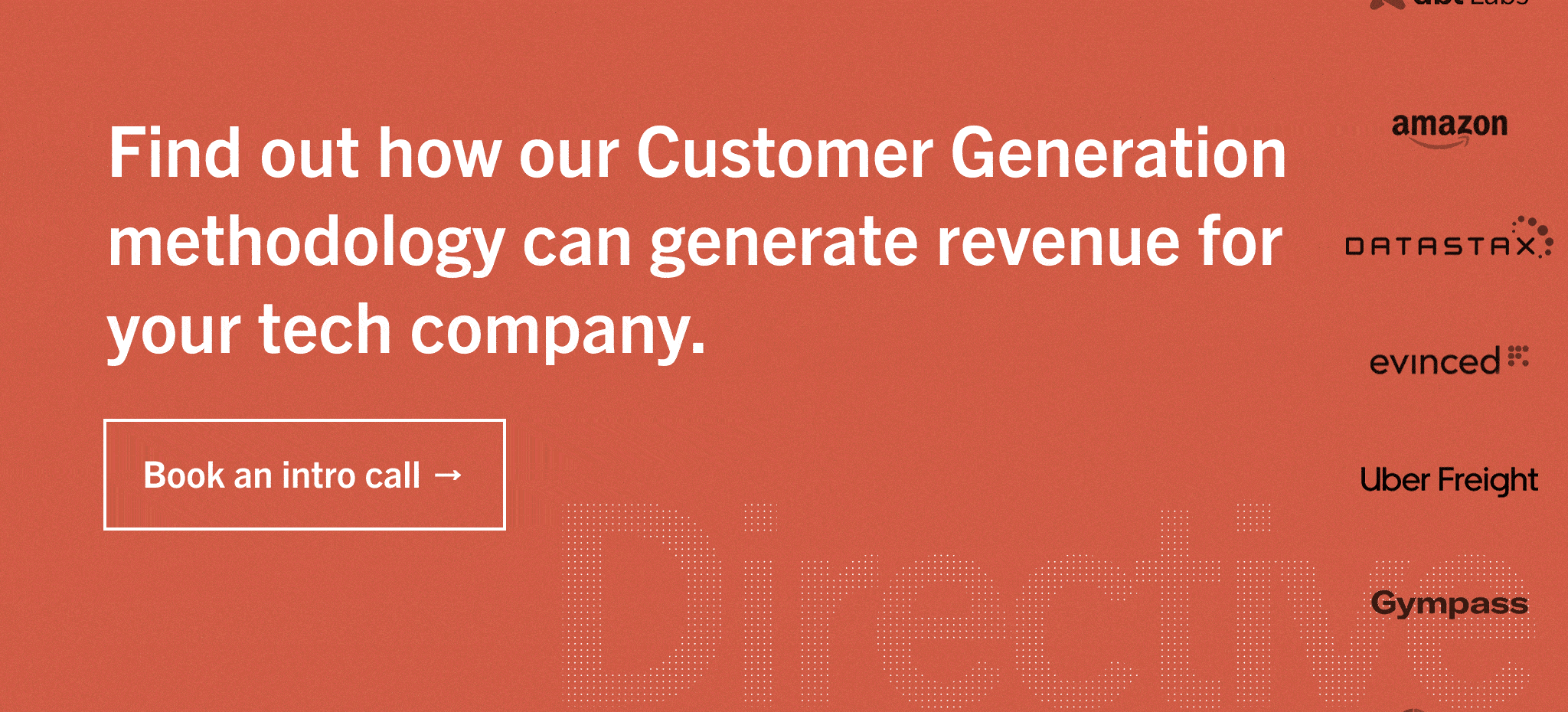What is a Sales Qualified Lead?
A Sales Qualified Lead (SQL) is a prospective customer who has been successfully nurtured through the customer journey, up to a point where they are ready to convert.
For many B2B SaaS companies, the customer journey has become lengthy, complex, and nonlinear. Leads interact with brands in multiple ways, over multiple channels, and for greater lengths of time before they are ready to purchase.
A “fresh” lead who has just interacted with an organization’s brand for the first time is at a very different place in the customer journey compared to a lead who may have read multiple blog posts, engaged with social posts, or downloaded a dated asset from the organization. Sophisticated sales/marketing teams distinguish between these leads by implementing a lead scoring system and categorizing prospects as early-stage leads, SQL, MQL, or PQL, based on their engagement history with the brand and purchasing intent.
These designations allow integrated sales/marketing teams to deliver personalized customer experiences on a per-lead basis, providing each prospective customer with the messaging and engagement they need to progress through the customer journey.

What is Lead Scoring?
Organizations with lengthy or complex sales/marketing pipelines (B2B, multiple channels, multiple touchpoints, more than one decision-maker at prospect organization, etc.) use lead scoring to quantify the likelihood of converting a lead to a customer at various points in the customer journey.
Lead scoring works by:
- Leveraging marketing technologies to identify B2B leads on a personalized, one-to-one basis.
- Assigning points to each lead based on their interactions with a brand or organization across all marketing touchpoints.
- Categorizing leads based on their likelihood of converting, as evidenced by their history of engagement with a brand’s website and marketing channels, including things like reading an article, downloading a gated asset, submitting contact information, or registering for a free trial.
- Organizing, prioritizing, and managing leads according to their categorization to maximize revenue.
In a lead scoring framework, marketing organizations assign labels like “sales qualified lead” or “marketing qualified leads” to individual leads that have met a certain lead score threshold, or have indicated their readiness to convert through direct interactions with the sales/marketing team.
SQL vs. MQL - What’s the Difference?
Sales/marketing teams may categorize leads in different ways that represent their progress through the customer journey. Two of the most common categorizations are SQLs, and Marketing Qualified Leads (MQLs) – but do you know the key differences in how these categories are defined?
An MQL is a prospective customer that has shown interest in becoming a customer and could be considered ready for a conversation with a member of the sales team. That conversation often consists of a “discovery call” that will assess the prospect’s readiness to convert, and may result in them being designated as an SQL. Prospects may be designated as MQLs once they have shown sufficient interest in the organization’s products and services, often by engaging with targeted content and/or reaching a predetermined lead score in the organization’s lead scoring system.
An SQL is a prospective customer that is ready to be converted into a paying customer. While marketing teams are responsible for generating and nurturing leads up to MQL status, the job of the sales team is to qualify prospects as SQLs through direct engagement. Prospects may be designated as SQLs after a discovery call with the sales team confirms their interest and intent to purchase.
Another lead categorization used by some B2B SaaS marketing teams is Product Qualified Leads (PQLs). A PQL is a prospective customer who has already experienced success with the selling organization’s product or services through a free trial or freemium product experience. Today’s B2B prospects frequently want to discover for themselves what a SaaS product has to offer before interacting with the sales team. Prospects may be designated as PQLs if they match the organization’s ideal customer profile, enjoy a positive experience with the product, and show some purchasing intent.
Categorizing leads as SQLs, MQLs, or PQLs allows sales/marketing teams to organize, prioritize, and manage leads according to their engagement history and deliver the right experiences to the right prospects at the right time to maximize revenue.
What are the Qualifying Criteria for an SQL?<
Do a quick Google search and you’ll discover many competing definitions for SQLs, along with different criteria for qualifying a lead as an SQL. Why is that?
The key reason for this is that marketing teams at B2B SaaS companies establish their own qualifying criteria for SQLs (and other lead categories) based on their own lead scoring models and internal processes.
In some organizations, an SQL is defined as a lead that is ready to be passed from marketing to sales, while in others, SQLs have to be qualified by a member of the sales team.
If you want to take your marketing efforts to the next level, book a call with us today to learn how you can gain a competitive edge with Customer Generation.

